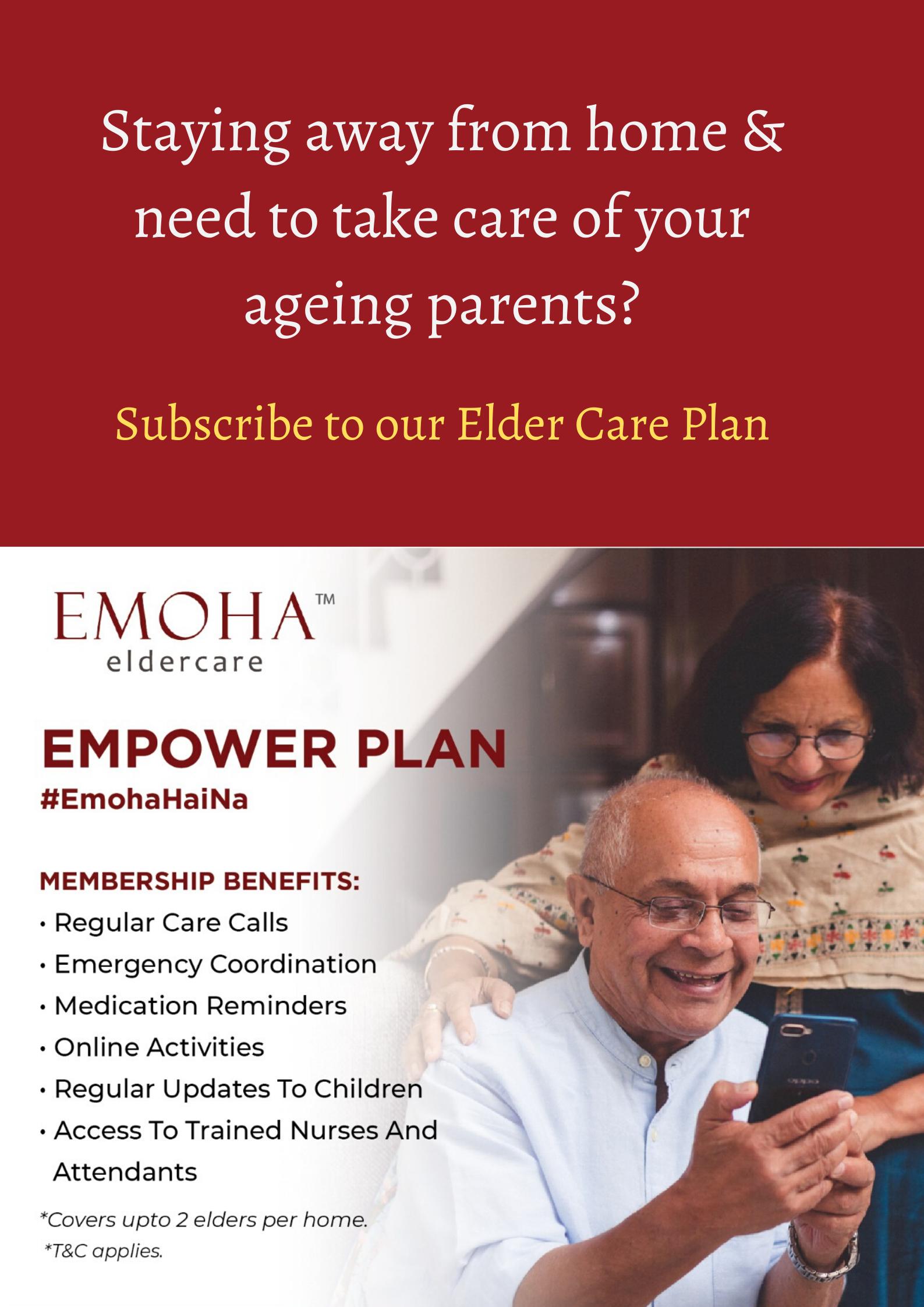
There are many options to help your aging parents. There are several options for care, including adult day programs (nursing homes), in-home, home and hospice. In this article, we'll discuss what each option offers. The final decision will be based on your needs, budget and preferences. No matter what your preference, your loved one will receive high-quality care.
In-home care
In-home care costs for seniors can vary widely. You may be eligible for benefits like Veteran Administration, Medicaid, or health insurance to cover the cost. Private citizens may also be able to contribute. Fundraisers are a great way of raising funds. However, there are some things to keep in mind when comparing in-home care costs to nursing home care. You should compare costs before choosing a service.
The first step in choosing an in-home care provider is to evaluate the care needs of your elderly loved one. It is important to determine whether your loved one requires skilled or non-skilled care. An elderly care agency may offer a free assessment at your home. This is an excellent way to assess the care needed and determine what services can be offered.

Nursing homes
It's crucial to understand what to look for when considering nursing home care. You must first ensure that the facility meets minimum safety standards. This includes fire-resistant doors and a plan for evacuation. It should also include policies for personal property storage, and procedures in case there are medical emergencies. You should also be able to comprehend the fee structure and the waiting period at the nursing home. The fee structure should clearly state the service levels and include any extra services.
Home Care Assistance Program can also be an option for those who are unable to manage their daily activities or who don't wish to live in a nursing home. A HCAP does not offer 24-hour nursing, but it does offer room and board, as well as medical care and case management. This option is often covered under Medicaid, Supplemental Security income, and other home relief programs.
Adult day programs
Adult day programs for elderly care offer a variety of services to elderly people who require supervision, assistance, or socialization. Many of these programs also offer cognitive stimulation and memory training. They can offer caregivers a much-needed break from caregiving duties and can delay placement in a nursing home. Most centers offer seven- to ten-hour days, while some provide evening and weekend hours. Some provide transportation and meals.
Adult day care centers are professionally-trained, community-based programs that focus on enriching the lives of older adults. They offer social activities for participants as well as a place to relax after a long day. The staff of adult day care facilities is made up of health care professionals, so they can provide health support and physical and occupational therapy for the elderly. Caretakers should check with their doctor before enrolling loved ones in adult daycare facilities.

Hospice care
It is not always easy to ask questions about medical professionals. However, this is an important part hospice care for the aged. It will ensure that the senior receives the best care possible during the final stage of life. Ask about the number and response times after-hours, as well as whether care will continue after death.
One study found that nurses who have personal experience with elderly relatives were more likely to be receptive to hospice care. Although these findings are alarming, they are not unexpected. Caregivers close to the elderly might have a different perspective. Also, those who have been through death are more likely to be positive about hospice care. Additionally, nursing staff with hospice training were more likely to have positive attitudes toward the elderly.